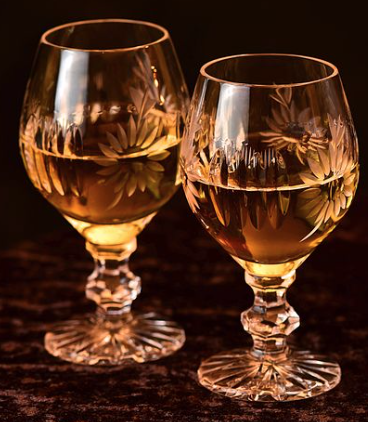by Fred Fuld III
The liquor and alcoholic beverage industry is a multi-billion dollar industry that has been growing steadily over the years. While the industry is not immune to the impact of global events such as the COVID-19 pandemic, there are several factors that suggest a promising future for the industry.
First, changing consumer preferences towards premium and craft spirits have led to an increase in demand for high-quality, unique and flavorful alcoholic beverages. This has led to a rise in small-scale distilleries and microbreweries, which offer unique and innovative products. The trend of craft beer and small-batch spirits is expected to continue in the future, with consumers looking for unique and high-quality products.
Second, the increasing trend towards health and wellness has also led to the emergence of low-alcohol and non-alcoholic beverages. This segment of the industry is growing rapidly, driven by consumers who are looking for alternatives to traditional alcoholic beverages. This trend is expected to continue as more consumers become health-conscious and seek out healthier beverage options. Plus, there are reportedly even health benefits to drinking alcohol in moderation.
Third, the growth of the e-commerce industry has provided new opportunities for the liquor and alcoholic beverage industry. Online sales have increased significantly over the years, and this trend is expected to continue in the future. As a result, companies that are able to establish a strong online presence and offer convenient and efficient delivery services are likely to benefit from this trend.
Finally, the increasing disposable income and changing lifestyles of consumers in emerging economies such as India and China are expected to drive growth in the liquor and alcoholic beverage industry in these regions. As the middle class grows and consumers become more discerning, demand for premium and high-quality alcoholic beverages is expected to rise.
Overall, while the liquor and alcoholic beverage industry is not immune to challenges, there are several factors that suggest a promising future for the industry. Companies that are able to adapt to changing consumer preferences and trends, and leverage new technologies and business models are likely to benefit from the growth opportunities in the industry.
For investors looking to invest in the booze sector, Constellation Brands (STZ) is one option. It was founded in 1945, and is a California based company with such brands as Robert Mondavi, Clos du Bois, Ravenswood, Black Velvet, and Canadian Whiskey. The stock trades at 18.8 times forward earnings and pays a dividend of 1.46%. Earnings per share are expected to grow next year by 10.8%.
Diageo (DEO), founded in 1997, is based in the UK. Its brands include Blossom Hill, Sterling Vineyards, Beaulieu Vineyard, Navarro Correas, Acacia Vineyard, Rosenblum Cellars, Piat d’Or, Chalone Vineyard, and Santa Rita. The stock has a trailing price to earnings ratio of 22.8 and offers a decent yield of 2.13%. Quarterly revenue growth was 37% year-over-year.
If you like Jack Daniel’s, then maybe Brown-Forman (BF-B) is the way to go. The trailing P/E is 34 and the forward P/E is 31. The yield is 1.3%.
Like anything, drinking should be done in moderation, and allocating your portfolio to liquor stocks should be done in moderation also.
Disclosure: Author didn’t won any of the above at the time the article was written.

